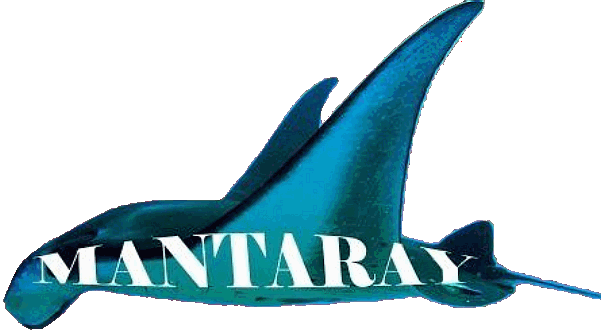|
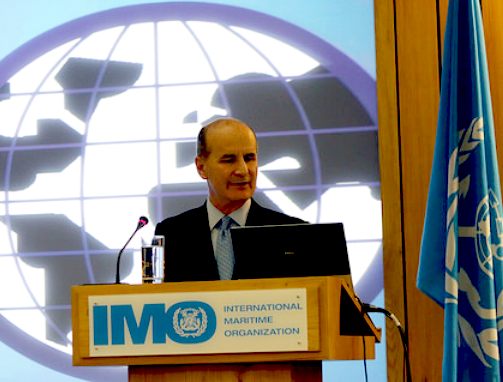
CO
CHAIR - José María Figueres was President of Costa Rica from 1994 to
1998. Since leaving government, Mr Figueres has served on numerous other boards. He was chairman of LEAD (Leadership for Environment and Development) as well as the small business agency FUNDES Internacional. In 2000, he was appointed Managing Director of the World Economic Forum, and served as the organisation’s first Chief Executive between 2003 and 2004. He has also been a Director of the World Resources Institute (WRI), the Stockholm Environment Institute and WWF. Since 2010 he has been President of the Carbon War Room.
From 2009 until 2011, when its mandate was completed, Mr. Figueres served on UN Secretary General Ban Ki-moon’s Advisory Group on Climate Change and Energy.
Mr Figueres graduated in engineering from the United States Military Academy (West Point). He
holds a master’s degree in public administration from Harvard University.
José María Figueres Olsen
was born in San José, Costa Rica, on December the 24th 1954. He is a Costa Rican
businessman and politician. After he left the presidency of Costa Rica in 1998, Figueres has also been involved in global issues such as
climate
change, sustainable development, and technology. He started his career as an engineer working in agribusiness. After a decade, he entered public service as Minister of Foreign Trade and then Minister of Agriculture. In 1994, he was elected President of Costa Rica, as the nation's youngest elected president of the 20th century. In 2000, he joined the World Economic Forum in
Switzerland, and later he worked with Concordia 21 in Madrid. Since 2010, he has been Chairman of the Carbon War Room, an independent non-profit organization focused on the global transition to a low-carbon economy. On March 27, 2012,
Sir Richard Branson announced that he was appointed as the new President of the Carbon War Room.
INTERNATIONAL LEADERSHIP
Upon leaving government in 1998 President Figueres founded Entebbe – Fundacion Costa Rica para el Desarollo Sostenible (Costa Rican Foundation for Sustainable Development). This organization leads and promoted initiatives and projects with national and international impact that encourage the incorporation and use of modern technologies to improve the quality of life in Latin American societies. The foundation started and developed pioneering programs, such as LINCOS (Little Intelligent Communities), APVE (Clean Transport Alternatives) and CENTAIRE (Center for monitoring and evaluation of Air Quality in Central America). A large number of academic, social and communal organizations, as well as private sector partners contributed to the development of these programs. In the same field of deploying technologies to boost development, together with Nicolas Negroponte and Jeffrey Sachs, Figueres founded the "Digital Nations Consortium", a program overseen by the Media Lab at the Massachusetts Institute of Technology (MIT). In 1999 he was called upon by Secretary-General Kofi Annan of the
United Nations to chair a working group on Information, Communication, Technology (ICT). He was later elected Chairman of the United Nations Information and Communication Technologies Task Force (ICT).
While leading the ICT Task Force, in mid-2000 Figueres was appointed Managing Director of the World Economic Forum, and independent international organization dedicated to improving the state of the world by bringing together world leaders to establish alliances that can influence industry, regional and global agendas. Three years later he was appointed the first CEO of the World Economic Forum. His responsibilities included coordinating the prestigious annual meeting of the Forum in Davos, Switzerland, which brings together prominent corporate leaders, heads of State and government, as well as respected personalities from the academic, cultural and religious world. Among his achievements while at the Forum was the strengthening of bonds between the corporate world and governmental and social sectors in order to identify their common long term interests and visions.
Figueres resigned from the World Economic Forum towards the end of 2004, when consulting work with Alcatel appeared in the international media. Andre Schneider, the World Economic Forum's spokesman said that Figueres acknowledged violating the rules of the forum by not declaring that he was being retained as a consultant when he took the post and while he was working at the forum. In his letter of resignation, Figueres apologized to forum founder Klaus Schwab for failing to inform the organization that he had entered the consultancy "many months before joining the Forum." Figueres Resigns as Head of World Economic Forum. In March 2005, Figueres joined the Felipe IV Group (immediately afterward transformed into Concordia 21), in Madrid, Spain as its CEO. This organization supports and collaborates with institutions working in the fields of Development, Dialogue, and Democracy around the world.
At the same time and since having left government in Costa Rica, Figueres has served on numerous other Boards. He was Chairman of LEAD as well as FUNDES Internacional. He has also served as a director of the, World Wildlife Fund, the Botanic Research Institute Texas, the World Resources Institute (WRI), and the Stockholm Environment Institute.
Since 2008, Figueres has served as Chairman of the Global Fairness Initiative, taking on the role from its Founding Chairman, President
Bill
Clinton. He is currently a Board member of FRIDE, the Geneva Earth Council, Population Action International, and is Chairman of the Board of Trustees of DARA (international organization).
From 2009 until 2011, when its mandate was completed, Figueres served on UN Secretary General Ban Ki-moon's Advisory Group on Climate Change and Energy.
In 2010, Figueres joined the Carbon War Room as its first Chairman. The organization was founded by Sir Richard Branson and a group of global entrepreneurs. The Carbon War Room is an independent non-profit focused on finding market based solutions to reduce carbon emissions at the gigaton scale, either by creating new business models or identifying policy reforms. In the academic field, Figueres serves on the Dean's Alumni Leadership Council at the John F. Kennedy School of Government at Harvard University, and he is a fellow of Thunderbird School of Global Management, where he often participates in global business events.
Figueres is a founding member of the Club de Madrid, an independent non-profit organization composed of more than 100 democratic former Presidents and Prime Ministers from all over the world. The Club de Madrid's objective is to promote "Democracy that Delivers".
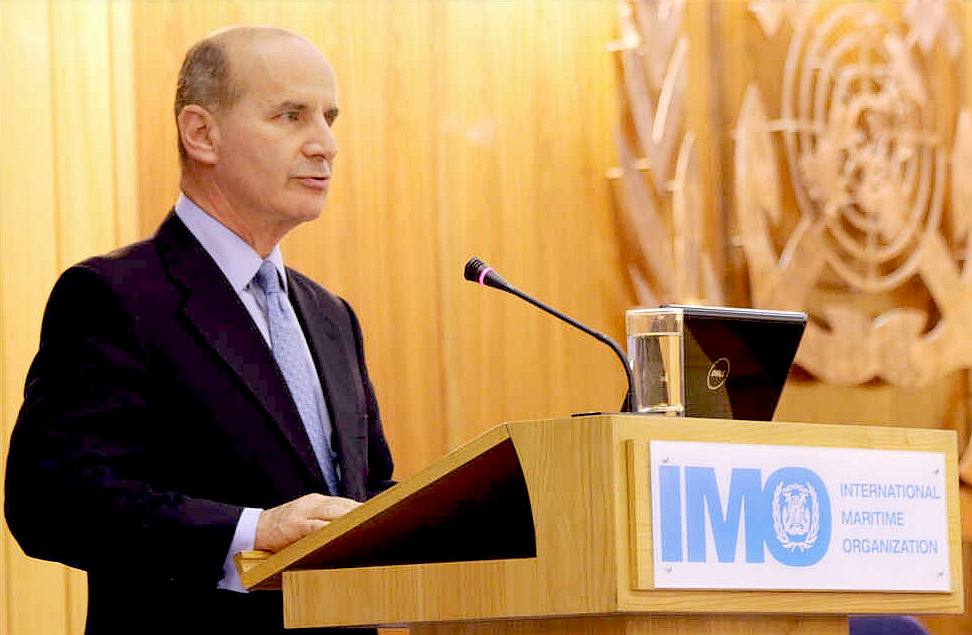
EDUCATION & BUSINESS CAREER
Figueres completed his undergraduate studies at the United States Military Academy (West Point), where he graduated in the Class of 1979 with a major in Engineering. While attending West Point, he attended and completed the U.S. Army's Ranger Training Course in 1975. He was awarded the Army Ranger tab and was the class Distinguished Honor Graduate.
Later, he continued his academic studies at the John F. Kennedy School of Government at Harvard University, graduating in 1991 with a Master's Degree in Public Administration. During his studies at Harvard, Figueres also attended courses at Harvard Business School and Harvard Law School.
Upon returning to Costa Rica after concluding his studies at West Point, he joined and later led the restructuring process of the deeply indebted family business, Sociedad Agroindustrial San Cristobal (SAISC) .[citation needed] Figueres helped return the business to profitability by disposing of non-productive assets, reducing leverage, improving the efficiency of many industrial processes, and focusing on expanding exports.
Years later, in 1990, Figueres co-founded Energía Global Inc. a renewable energy company with operations in Costa Rica, Guatemala, and Chile. The business was later sold and today it continues to operate as a subsidiary of ENEL, Italy's largest power company .[citation needed]
In 1999, Figueres joined the Board of Directors of Terremark Worldwide Inc., on which he served for five years. He then continued to be closely associated with the company in its international expansion projects. Terremark is involved in transforming and securing enterprise-class IT on a global scale, providing industry managed services, cloud computing, colocation and web hosting solutions for enterprise IT infrastructures from their data centers. In 2011, Terremark was acquired by Verizon.
In 2005, Figueres undertook a one year assignment as Managing Director of Talal Abu-Ghazaleh Organization, responsible for refocusing global consulting within the group. This group is the largest Arab group of professional services firms, headquartered in Amman, Jordan, with over 73 offices in 23 countries. From 2006 to 2009, Figueres served on the International Advisory Board of Abraaj Capital, the largest Middle East Private Equity firm with over $6
billion of assets under management. In 2009, he joined the Advisory Board of Grupo Arcano, an independent financial services firm based in Madrid, Spain. The group is a leading boutique in investment banking and asset management services.
In 2010, Figueres joined IJ Partners in Geneva, Switzerland, as a Managing Partner. IJ Partners was founded in 2009 during the global economic crisis, to provide financial services to private individuals and family offices investing exclusively in tangible assets.
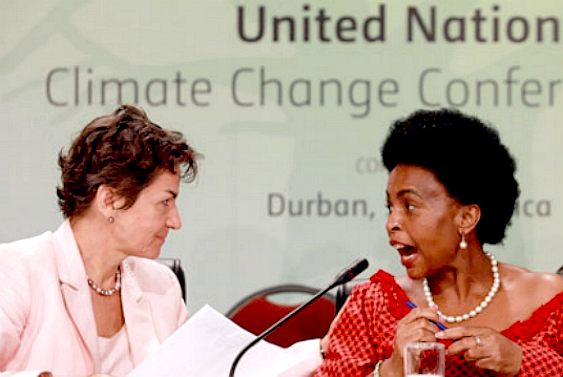
THE GUARDIAN MAY 2013 - Say the name Figueres in Costa Rica and it's bound to get a reaction. José "Don Pepe" Figueres led the 1948 revolution, was president three times, nationalised the banks and gave women and black people the vote. His daughter Christiana is the UN's climate chief trying to steer almost 200 countries through the most complex international negotiations ever attempted; and her brother José María was one of Latin America's youngest ever presidents at the age of 39.
Now José María – who coined the phrase "there's no planet B" when head of the World Economic Forum – has joined his sister in the fight for a global energy revolution by taking over as head of the climate change business thinktank Carbon War Room, which aims to get business to cut gigatonnes of carbon by sharing best practice information.
She hopes to lead the world's public sector into a low carbon future, he the private sector. But is it an accident of history or sibling rivalry played out on the international stage that accounts for so many revolutionaries in one central American family?
"I call her 'Hermanita', or Little Sister," says José María. "We pulled each other's hairs out [as children]. It's always been a fierce but friendly rivalry between us. We have worked together before. When I was minister of agriculture she was my chief of staff. I was the boss, but she solved the problems. When I was president she was on the government's climate negotiating team. I like to think she is responsible for finding solutions for 50% of the carbon cuts needed and I must find them for the other half. I'd love to be her chief of staff."
Their father was a landowner and coffee grower who launched a revolution of intellectuals and farmers from the small family ranch he called "La Luccha sin Fin" (the endless struggle) high in the central mountains. The revolution was, he says, based on a liberal, Scandinavian model of universal healthcare, public education, and strong institutions.
"Mother was an MP and later a diplomat. Father taught us the values of no wastage and austerity and of a life in harmony with the natural habitat. We learned politics at the family table. We ate it for breakfast, lunch and dinner. Every conversation was about politics, the challenge of development, inequalities and legislation. A table with all of us was so argumentative. There must have been something in the water we drank," he says.
But José María says that when 18 he wanted a change and chose to go to leading US military academy West Point, whose alumni included presidents Ulysses Grant and Dwight Eisenhower as well as five people who have walked on the moon. This is remarkable, he accepts, because his father is the only president in modern history to have abolished a standing army. "Father had a fit when I went to West Point. He never went there. Perhaps it was my challenge to him," he says.
There followed years at Harvard, as an engineer, a farming boss and then in public service. "I was invited to turn around the railways and then I was made minister of agriculture and forests. We concentrated on resource management and efficiency. We moved to the biological control of pests instead of pesticides."
When he was elected Costa Rican president in 1994, the Berlin wall had come down, the Soviet Union had imploded, the Gulf war had been fought and the Rio Earth summit had been held. He says the world had changed and Costa Rica would not be able to compete in the new world without new ideas – so he turned to business and sustainable development.
"I brought in economists like Jeffrey Sachs. I was strongly influenced by people like Maurice Strong [who headed the Rio earth summit] and his adviser on business, the Swiss industrialist Stefan Shmidheiny who set up the World Business Council for Sustainable Development (WBCSD).
His single term – all that was allowed – was the start of Costa Rica's move towards an economy based on eco-tourism, conservation and national parks. "It began my thinking about the ethical and moral necessity to be efficient with natural resources," he says.
Today, "eco-travel" is the country's biggest industry, worth billions of dollars a year, and sustainable development has proved lucrative. Most farmers benefit in some way from eco tourism, and, from a country in real danger of losing all its forests in 1970, 25% is now dedicated to conservation.
"Climate change is the ultimate challenge. But I am convinced that the development opportunity of our lifetimes lies in the transition to a low carbon economy. If we are to solve it we need to scale up our responses. We need to attract capital and resources to get there."
The Carbon War Room has addressed shipping and aviation and will move to become a major international NGO, says José María. "Business needs to learn from civil society. The world can live far better than it does now. Six billion people aspire to live like the other one billion. That is a just aspiration. I really believe that moving to a low carbon economy would unleash entrepreneurship."
But how would Don Pepe, the old revolutionary, see his two children today? "He would be at the forefront of the renewable energy revolution. He'd be enjoying it. He'd get a kick out of smart grids. Meanwhile, big brother is not waiting for little sister. I wish her the best but we in business are going full steam ahead. At the moment I think business is doing better than countries on climate change, but the jury is out. I know if it were up to Christiana alone that governments would be leading ahead by leaps and bounds."
POLITICS
In 1986 Nobel Peace Prize Laurate and President Óscar Arias (1986–1990), appointed Figueres to overhaul the ailing National Railway System, INCOFER. He was then appointed Minister in the Arias government, first of Foreign Trade and later of Agriculture. Upon the completion of the governmental period Figueres continued his academic studies at the John F. Kennedy School of Government at Harvard University, graduating in 1991 with a Master's Degree in Public Administration.
Following his graduate studies at Harvard, Figueres returned to Costa Rica and declared his intention to seek the nomination of the political party he belonged to, Partido Liberación Nacional. After a heated and much-disputed primary election process involving five candidates, Figueres won the party's nomination in 1993 and went on to the national election that he won in February 1994. José María Figueres Olsen was elected President of Costa Rica for four years at the age of 39, the nation's youngest president in the 20th century.
Presidency
According to Leonardo Garnier, minister of Planning and Economic Policy during the Figueres' administration, the latter promoted Sustainable Development as the integrating architecture of governmental action. This program was anchored on three pillars: Firstly, to transform the Costa Rican economy towards one of higher productivity, with special emphasis on technology. Secondly, for the Costa Rican society to express greater solidarity by opening opportunities of wellbeing for all. Thirdly, for society to develop itself in harmony with nature (from the book "Gobernando en Tiempos de Cambio: Administración Figueres Olsen", by Leonardo Garnier). The administration is credited with having worked to advance and promote further integration of Costa Rica into the globalised economy.
Government achievements
Figueres reformed and reorganized many public institutions including the closing of some of them, such as Banco Anglo Costarricense (which was plagued with corruption charges) and the National Railway System (INCOFER) which after being re-organized several times was again insolvent. The latter decision was reversed by the following administrations, which actually invested in modernizing the railway, with apparent success Trenes en Costa Rica (In Spanish). The Figueres Administration contributed to the establishment of Intel Corporation in Costa Rica.
His administration also launched several initiatives to improve national education, including a constitutional reform approved by Congres to dedicate 6% of GDP towards public education; introduced English as a second language in public schools from the first grade up; consolidated the installation of computer labs in high schools.
During his term, government created the EBAIS (Primary Teams of Basic Health Care) as an effective provider of preventive medicine in the communities, primarily by giving easy access to medical services.
GLOBAL
OCEAN COMMISSIONERS - CO-CHAIRS
|
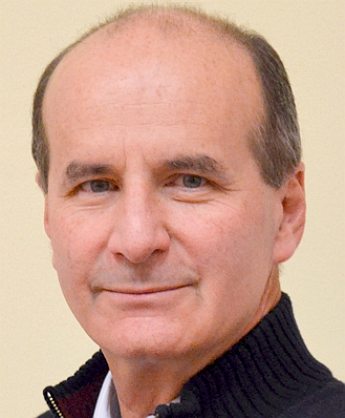
|
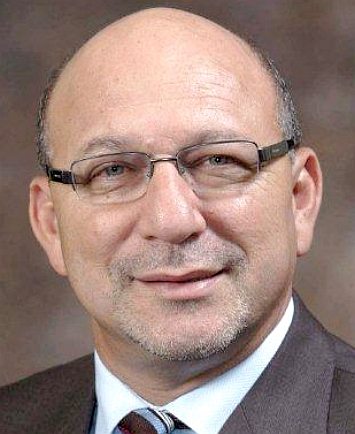
|
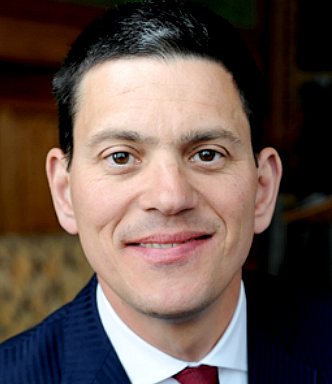
|
|
|
|
|
|
José María Figueres |
Trevor Manuel |
David
Miliband |
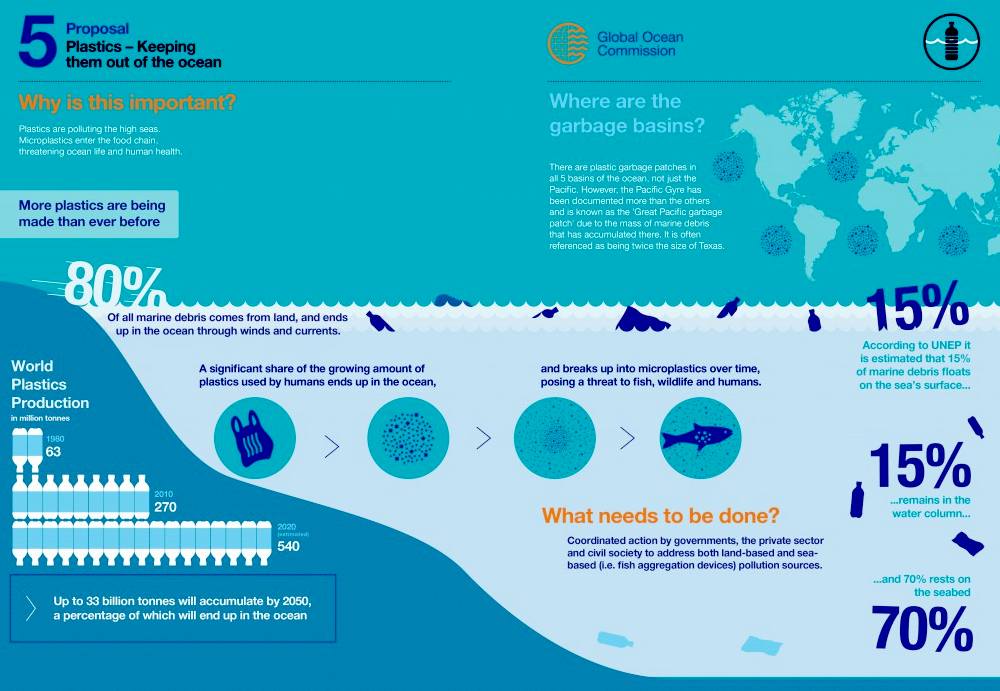
GOC
OBJECTIVES The objective of the Global Ocean Commission is to address
the issues herein by formulating ‘politically and technically feasible
short, medium, and long-term recommendations.
These final recommendations were to be published in early 2014, shortly before the UN General Assembly
began discussions on protecting high seas biodiversity – a commitment made at the Rio+20 summit
in 2013. The work of the Commission thus focuses on four key tasks:
1. To examine key threats, challenges, and changes to the ocean in the 21st century, and identify priority issues. The Commission will utilise both scientific and economic evidence, drawing on existing reports from world experts, as well as commencing original research in partnership with other organisations.
2. To review the effectiveness of the existing legal framework for the high seas in meeting these challenges. According to the Commission, this means a special focus on the effectiveness of regional fisheries management organisations, particularly with respect to their accountability, transparency, and performance. It also means reviewing the governance gap on biodiversity conservation and analysing options for combatting IUU
fishing. The Commission will also assess the suitability of the existing legal regime for regulating emerging uses of the global ocean.
3. To engage with interested parties around the world, as well as the general public. The Commission will connect with fishers, military and merchant navies, recreational sailors, seafood companies, conservation groups and the emergent seabed mining business. The Commission also aims to raise understanding among policymakers, economists and other groups, including the general public, of the implications should high seas issues not be reformed.
4. To make recommendations regarding ‘cost-effective, pragmatic and politically feasible reforms of high seas governance, management and enforcement.’ While the threat analysis will take account of external issues such as climate change, recommendations will focus on reforms that can be achieved by evolving high seas governance. Some may concern the fundamental legal framework under which the global ocean is governed, whereas others may focus on improving the effectiveness of existing mechanisms.

The Global Ocean Commission
Somerville College
Woodstock Road
Oxford, OX2 6HD, UK
Tel:
+44 (0) 1865 280747

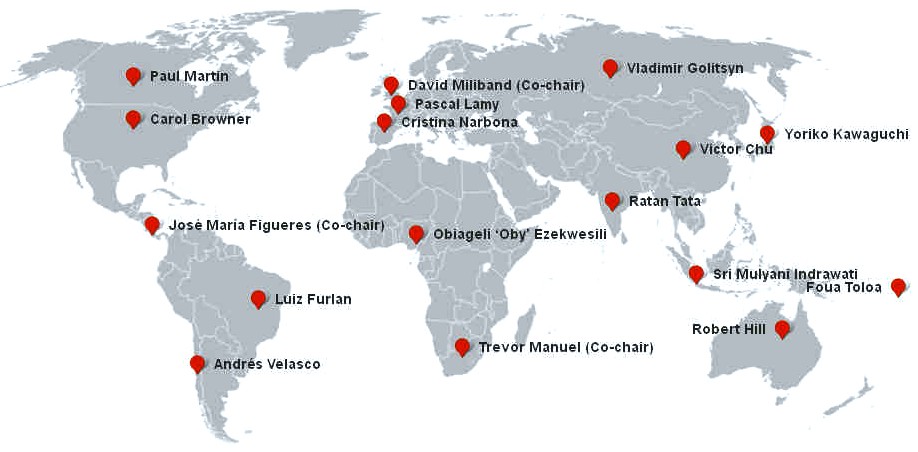
GLOBAL
OCEAN COMMISSIONERS
- A map of the world showing the location of the GOC's commissioners.
THE
COMMISSIONERS
|

|
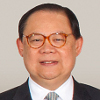
|
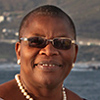
|
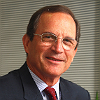
|
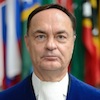
|

|

|
|
Carol
Browner |
Victor
Chu |
Obiageli Ezekwesili |
Luiz
Furlan |
Vladimir
Golitsyn |
Robert
Hill |
Yoriko
Kawaguchi |
|
. |
. |
. |
. |
. |
. |
. |
|

|
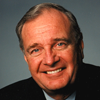
|
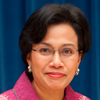
|
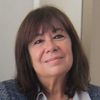
|

|
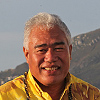
|
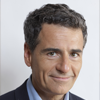
|
|
Pascal
Lamy |
Paul
Martin |
Sri
Mulyani Indrawati |
Cristina
Narbona |
Ratan
Tata |
Foua
Toloa |
Andrés
Velasco |
GOC's
SECRETARIAT
|
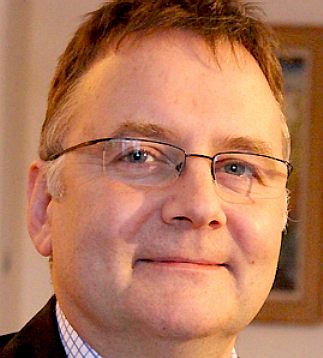
|
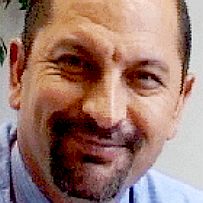
|
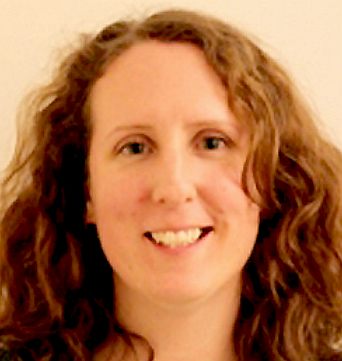
|
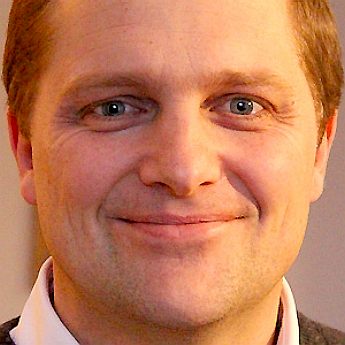
|
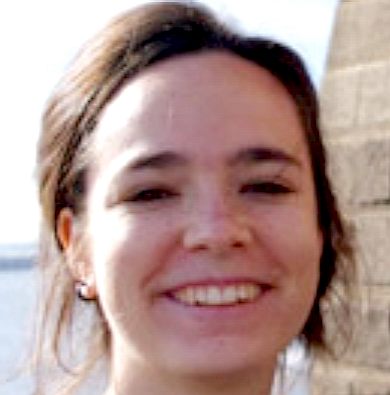
|
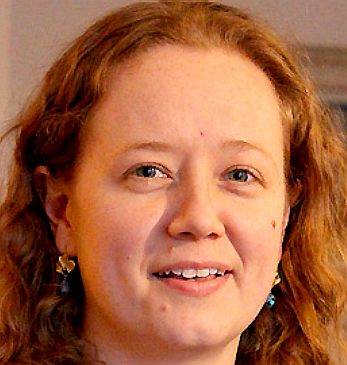
|
|
Simon
Reddy |
Rémi Parmentier |
Clare
Brennan |
Kristian Teleki |
Inés de Águeda |
Sarah Gardner |
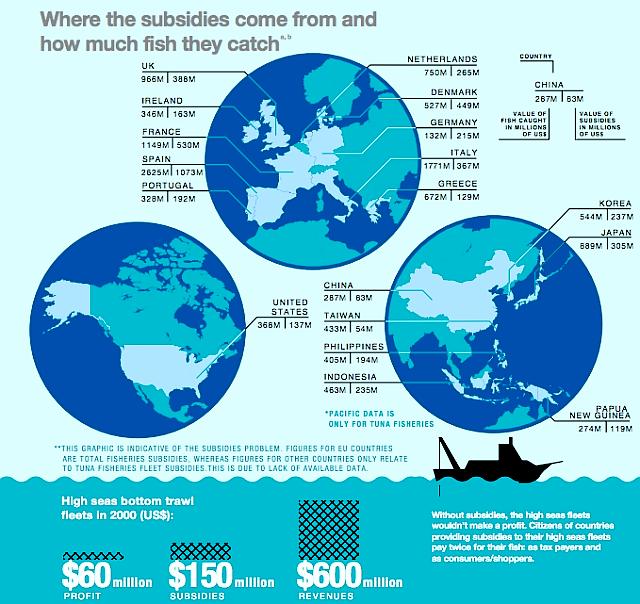
RICH COUNTRIES PAY ZOMBIES $5 BILLION A YEAR IN SUBSIDIES TO PLUNDER THE OCEANS
- Without the subsidies, most of these businesses would fail. So thoroughly have industrial fleets
over-fished the seas that they couldn’t afford the fuel to travel the ever-increasing distance needed to catch the same amount of fish if their governments didn’t lavish public funds upon them.
In economics, you’d call these zombies - unprofitable companies that would fail if governments didn’t prop them up. There are two big problems with zombies. First, they take resources that could go to support new, productive companies. And by subsidizing zombies, governments allow them to keep prices low, driving productive companies out of business. 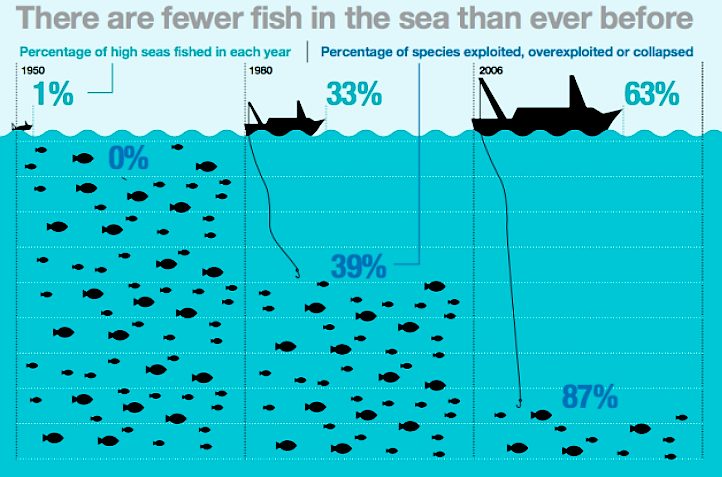
RICH COUNTRIES PAY ZOMBIES $5 BILLION A YEAR IN SUBSIDIES TO PLUNDER THE OCEANS
- If industrial fleets weren’t subsidized, they’d go out of business. Small-scale fisheries that don’t need enormous amounts of fuel to catch huge hauls of
fish - i.e. the ones using sustainable fishing practices - would then in theory thrive. Many of these fishermen are in poor countries whose governments can’t afford to compete in the industrial looting.
Worse, there’s a double-whammy zombie effect going on in the fishing context. Government subsidies to highly destructive industrial fleets don’t just deprive small-scale fishermen of finite taxpayer dollars and edge them out of the market with cheap prices; they also rob them of current and long-term fishing stocks. 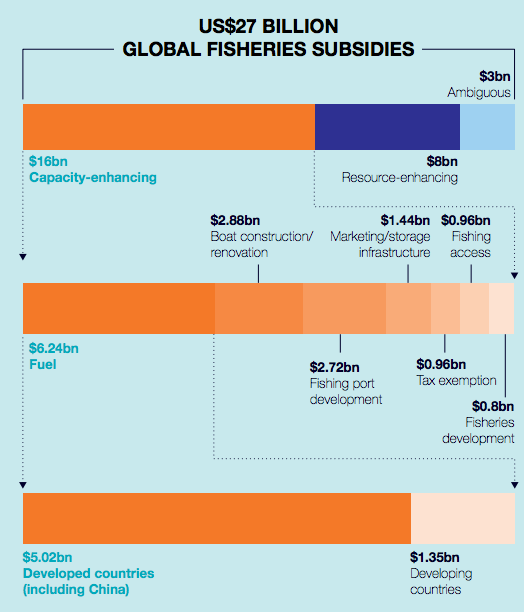
RICH COUNTRIES PAY ZOMBIES $5 BILLION A YEAR IN SUBSIDIES TO PLUNDER THE OCEANS
- Not all subsidies are bad. In fact, subsidies to promote fishery resource conservation and
management - things like stock assessments and stock monitoring - are exactly the kinds of things we should be pressing our governments to foot the bill for. But some $16 billion in subsidies goes exclusively toward making it cheaper to catch more fish. That’s a problem, given that the global deepwater fleet is already 2.5 times bigger than what the GOC says is sustainable to maintain global fish stocks.
Take, for example, the global high-seas bottom-trawl fleet. The top 12 highest-catching nations pony up a total of $152 million a year, worth a quarter of what the fleet catches. Yet this fleet’s margins are typically 10%. That means these highly destructive vessels couldn’t stay in business if not for government gimmes.
Governments tend to be leery of slashing subsidies because of the potential impact on jobs and, hence, politics. For instance, in 2006 Spain upped its fuel subsidy 60% after fishermen blockaded Mediterranean ports to protest oil prices. But the industrial fisheries are actually not huge employers, even within their sector: GOC reports that the biggest vessels catch 65% of all marine fish, while employing only 4% of fishermen.
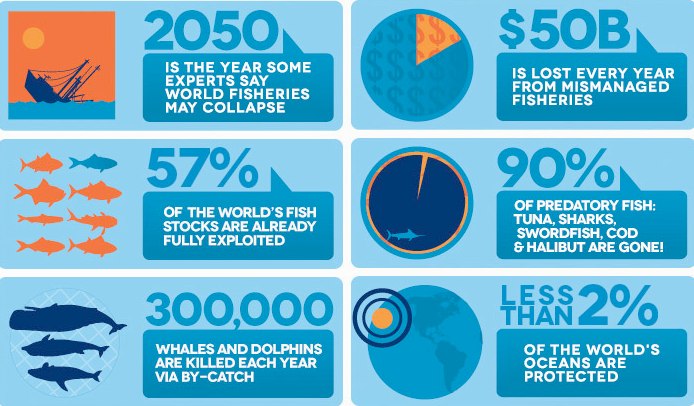
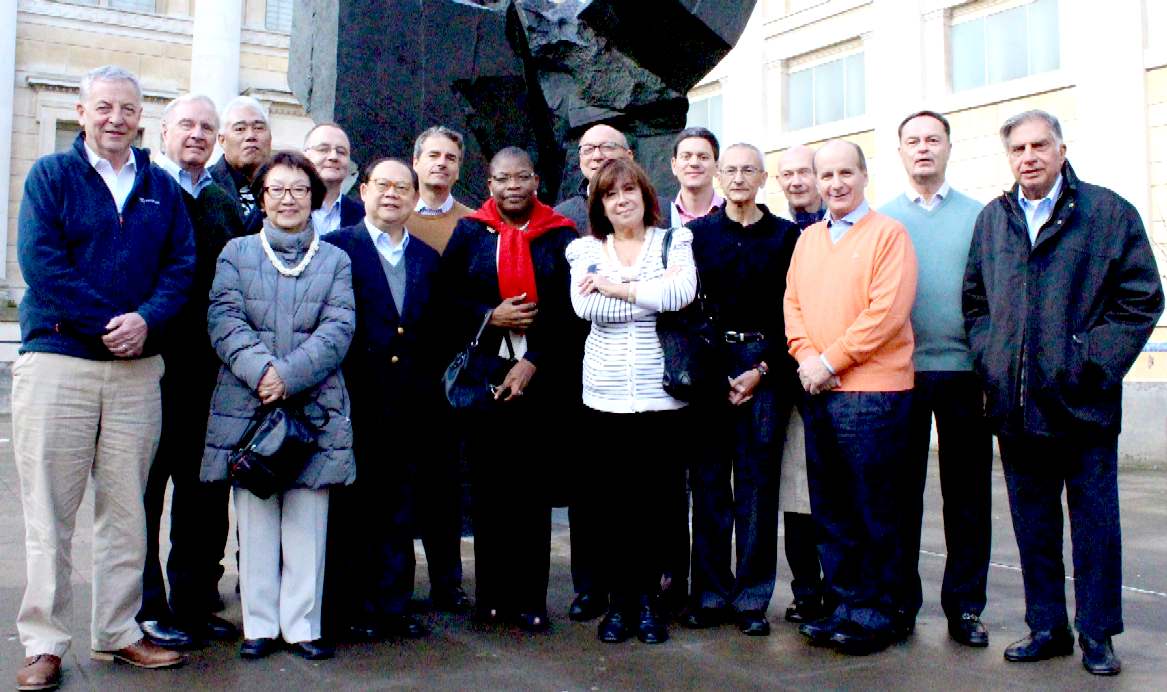
The Global Ocean Commission at its meeting in Oxford, 21st-23rd November 2013 (left to right) Robert Hill, Paul Martin, Foua
Toloa, Yoriko Kawaguchi, Simon Reddy (Executive Secretary), Victor Chu, Andrés Velasco, Obiageli
Ezekwesili, Trevor Manuel (Co-chair), Cristina Narbona, David Miliband (Co-chair), John
Podesta, Pascal Lamy, José María Figueres (Co-chair), Vladimir
Golitsyn, Ratan Tata. 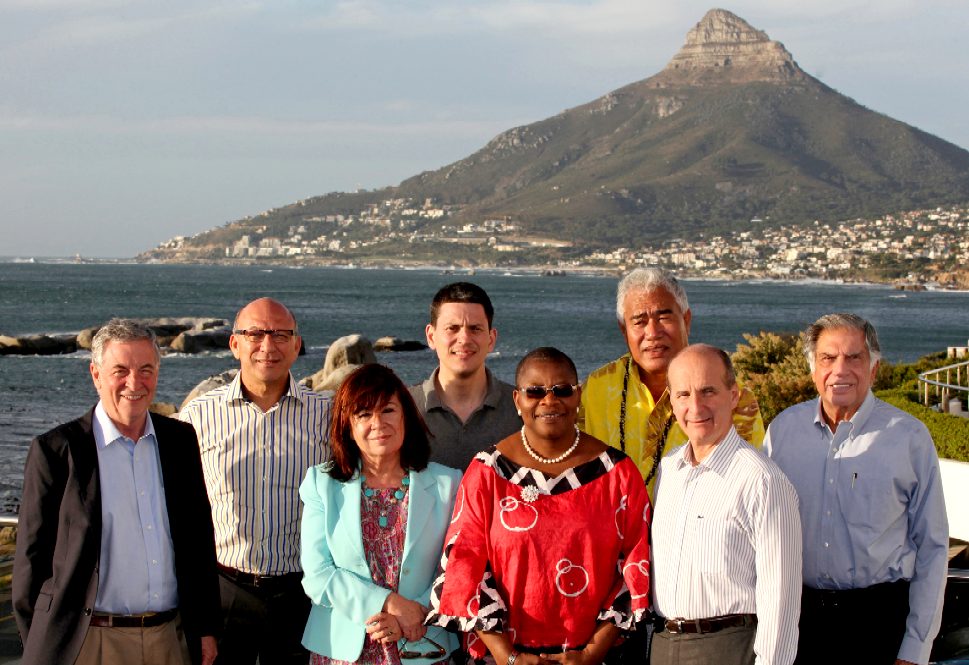
Members of the Global Ocean Commission at their inaugural meeting in Cape
Town, South Africa. Left to right: Robert
Hill, Trevor Manuel (Co-chair), Cristina Narbona, David Miliband (Co-chair), Obiageli
Ezekwesili, Foua Toloa, José María Figueres
(Co-chair), Sir Ratan Tata.





LINKS
& REFERENCE
The
Guardian environment 2012 May Figueres Costa Rica revolution
Global
Ocean Commissioners Jose Maria Figueres
Wikipedia
Jose_Maria_Figueres
Twitter
figueres jose maria
Telegraph
US-royal-tour-Prince-of-Wales-makes-plea-for-cleaner-oceans
Prince-of-Wales-speech-hrh-the-prince-of-wales-event-titled-plastic-the-marine-environment-scaling
Daily
Mail
Charles-horrified-toll-plastic-dumped-sea-Prince-Wales-plea-solve-issue-sake-future-generations
The
Guardian environment 2015 March 19
Prince-charles-calls-for-end-to-dumping-of-plastic-in-worlds-oceans
http://abcnews.go.com/US/wireStory/prince-charles-speaks-dangers-plastic-waste-oceans-29736519
Global
Ocean Commission
National
Geographic news 2014 June
Global-ocean-commission-report-high-seas-fishing-environment
Virgin
leadership and advocacy introducing global ocean commission
Wikipedia
European_Commissioner_for_Maritime_Affairs_and_Fisheries
Reuters
2013 US oceans new global group to clean up
National
Geographic 2014
global-ocean-commission-report-high-seas-fishing-environment
Youtube
Jose Maria Figueres Global Ocean Commission
https://www.youtube.com/watch?v=hNdNudlvPo8
http://www.theguardian.com/environment/2012/may/14/figueres-costa-rica-revolution
http://www.globaloceancommission.org/the-commissioners/jose-maria-figueres/
http://en.wikipedia.org/wiki/Jos%C3%A9_Mar%C3%ADa_Figueres
https://twitter.com/figuerescr
http://en.wikipedia.org/wiki/European_Commissioner_for_Maritime_Affairs_and_Fisheries
http://www.virgin.com/unite/leadership-and-advocacy/introducing-global-ocean-commission
http://www.scienceifl.com/ocean-plastic-pollution.htm
http://abcnews.go.com/US/wireStory/prince-charles-speaks-dangers-plastic-waste-oceans-29736519
http://www.globaloceancommission.org/
ACID
OCEANS - ARCTIC
- ATLANTIC - BALTIC
- BERING
- CARIBBEAN - CORAL - EAST
CHINA - ENGLISH CH
GULF
MEXICO
- GOC - INDIAN
- MEDITERRANEAN -
NORTH SEA - PACIFIC
- PERSIAN GULF - SEA
JAPAN - STH
CHINA
PLANKTON
- PLASTIC
- PLASTIC
OCEANS - UNCLOS
- UNEP
- WWF
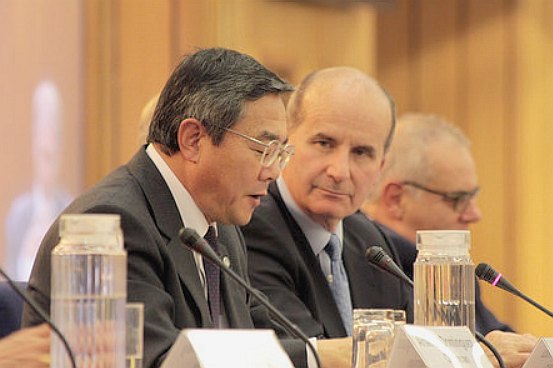
|




































